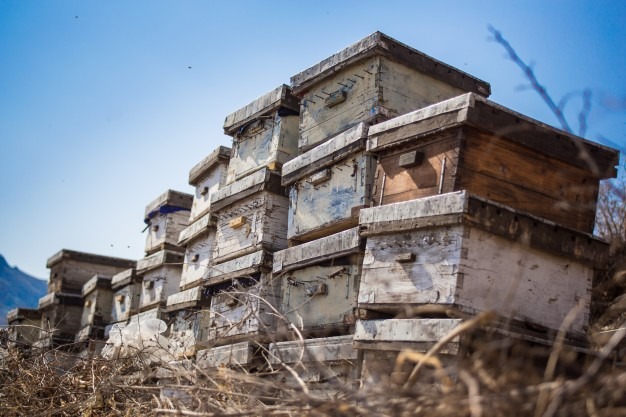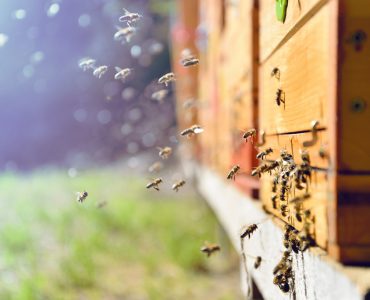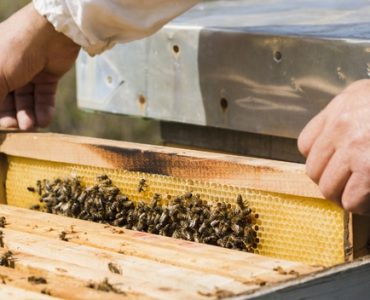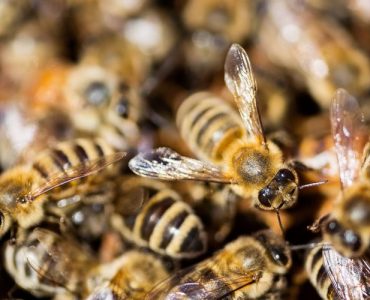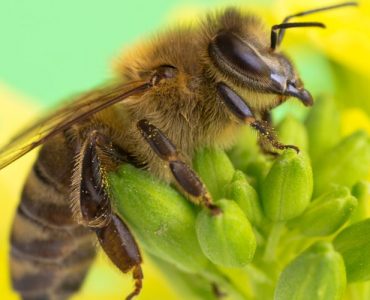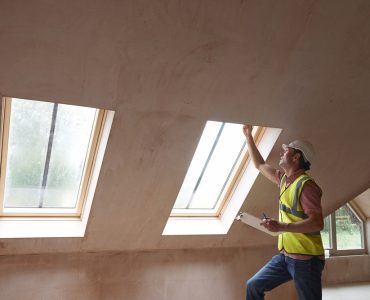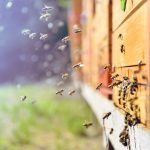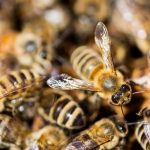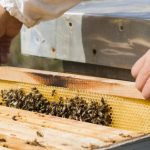Beekeeping or apiculture is a way by which humans care for honeybee colonies in hives, to maximise the production of honey. A person who wants to begin keeping bees should first learn the basics from an experienced beekeeper and should study honeybees. A wonderful place to learn about this art is to contact your nearest local beekeeper.
The role of a beekeeper is to conduct regular inspections of the hive to ensure that everything is fine; that the queen bee is laying eggs and bees are merrily collecting pollen and nectar. He also checks if there are indications of distress and illness amongst the bees. A happy hive is a productive hive. The queen is usually replaced and her temper often dictates the mood of her fellow bees.
Starting May onwards, beekeepers will check for newly built queen cells which must be destroyed to prevent the emergence of a new queen bee, so the old queen with her followers can carry as much honey as they can. This is also to prevent swarming that may deplete the remaining colony and be unproductive for the coming season.
Aside from having bees and hives, a tool for keeping them is also needed, this is called the top-bar hive. A beekeeper must have protective clothing and tools for inspecting and opening the hives. A bee smoker or smoke box is also needed since a light whiff of smoke at the opening is effective in calming bees, and makes the inspection easier. All of these tools can be bought at low-cost via local beekeeping associations.


